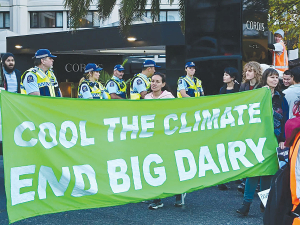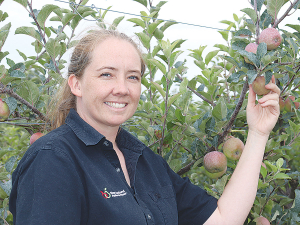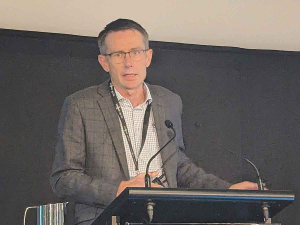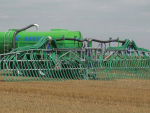New research out of Massey University suggests that the concept of an urban/rural divide may not be accurate.
The Diverse Experience of Farming project, co-funded by Our Land and Water National Science Project, saw over 1300 urban and rural New Zealanders interviewed to build a picture surrounding attitudes towards farming.
Rural scientist Dr Janet Reid from Massey University’s School of Agriculture & Environment, co-led the research. She says she and research co-lead Dr Alice Beban from Massey’s School of People, Environment & Planning initially sought to look at the idea about a social license to farm.
“From our perspective, we weren’t comfortable with that idea that there was this urban/rural divide. We had a sense that it was a whole lot more complex than that,” Reid told Rural News.
She says that in exploring the concept of the social license to farm, they were able to explore the perception of farming across the country.
Reid adds that the idea of an urban/rural divide does not reflect the reality of what they are seeing in the research.
“What we found, which is what we expected to find to a large extent, is that of course it’s not that straightforward. It’s a whole lot more nuanced and complex than that,” she told Rural News.
One key finding, that Reid says proves that point, is that one in five of those surveyed identified as a combination of rural and urban.
“When we looked at who identified as rural, some aren’t farmers and likewise [some] farmers identify as urban. This assumption that we can put people neatly and nicely into these pigeonholes and then argue for this divide and this lack of connection is not accurate at all,” Reid explains. “We need to understand in a whole lot more depth the multiple dimensions of this continuum.”
She adds that there’s variety amongst the farming community as there is diversity and variety amongst those people that don’t live in rural areas but live in provinces as well as in cities.
Beban told Rural News many of the people interviewed for the research said they felt a disconnect and for farmers in particular there was a feeling that the urban public doesn’t fully understand what they face.
“But at the same time, there were really shared concerns and shared values and so what we found is that while there may be this kind of sense that there’s a disconnect,” she says. “When we asked people: ‘What comes to mind when you think about farming? What’s the first word?’, for the majority of people, no matter what the demographics were, it was food.”
Beban believes that food is a connection point but so is the natural environment, with both urban and rural valuing them. When asked about concerns about the farming sector, she adds that – regardless of the demographics – costs and environmental impact came out on top.
“Those were shared concerns, shared values,” she says. “So, what we’re saying is, yes, there is this perceived sense of disconnect but actually when you think about the concerns, the values, what people underneath are feeling, there are all these shared points that can be a place that we can build dialogue on.”
Media Have Role To Play
Reid reckons that one of the major things that fuels the perception of a disconnect from a rural perspective is misinformation within media and the role of the media, “painting what they saw as not an accurate picture”.
Reid says farmers saw media as highlighting ‘bad apples’ rather than accurately representing the sector. “But we also know from the survey that over half of urban respondents, the main way that they learn about farming and the perception of farming come from the supermarket when they go and buy food,” she says.
“So… I think it is complex in that there is no one thing that is contributing to that and people have slightly different perceptions on that.”
Beban says they asked respondents what they can do to build trust because while they found a shared value of the sector, there was a lower trust amongst urban populations. “For the urban public, the biggest thing was that they want confidence that farmers are really farming sustainably, that they’re doing their bit for the environment.” She adds that there was a sense that they didn’t trust what they saw as “PR spin if it’s stuff that comes straight out of the farming industry organisations”.
“On the farming side, they want to see real stories of farming in the media that go beyond sensational headlines,” she told The research found that farmers felt that the urban Rural News.



















